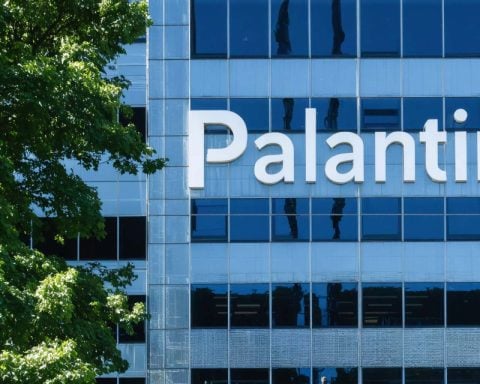Li Auto’s Vision Extends Beyond Smart Cars
Li Auto’s founder and CEO, Li Xiang, has revealed that stepping into the realm of humanoid robots is an inevitable move for the company. During an AI Talk event, he confidently asserted the company’s future involvement in the advanced robotics field but emphasized that the timing is not right just yet.
The Evolution from Cars to Complex Robotics
Li believes that vehicles will transition from mere transportation tools to intelligent space robots as we advance in the age of AI. Before this progression can materialize, autonomous driving hurdles must be surmounted. He points out that if the challenge of Level 4 autonomous cars remains unsolved, the possibility of tackling more intricate robotic issues seems bleak.
Unlike traditional viewpoints, Li considers modern cars as simple, contactless robots interacting within a highly regulated and standardized environment. He articulates that if cars cannot achieve autonomous navigation, then more sophisticated AI-driven robots would face significant limitations.
Li Auto’s Strategic Focus and Market Dynamics
Li Auto is committed to utilizing vehicles as an AI platform that reaches every household, with ambitions to rank as a leading AI company by 2030. Li’s previous communications have consistently highlighted the role of smart electric vehicles in nurturing the broader AI ecosystem.
While some competitors like Xpeng are making strides in the robotaxi sector, Li Auto, along with Nio, steers clear of this venture, favoring a more domestic-centric vision: “Create a Mobile Home, Create Happiness.” Despite this, Xpeng’s strategy reflects a contrasting approach with plans to release a competitive robotaxi by 2026. Meanwhile, other companies such as UBTech Robotics are integrating humanoid robots into manufacturing, signaling an industry-wide shift toward advanced robotics.
Li Auto’s Bold Vision: From Electric Vehicles to Humanoid Robots
In the rapidly evolving landscape of technology and transportation, Li Auto is making bold statements about its future direction. Founder and CEO Li Xiang recently highlighted plans to branch into the world of humanoid robots. These plans aren’t just about expanding product lines; they signify a broader vision of integrating artificial intelligence (AI) with everyday life. However, Li notes that while this ambition is clear, the timing must be carefully considered, especially regarding advancements needed in autonomous vehicle technology.
Navigating the Autonomous Driving Evolution
Currently, Li Auto views the evolution from smart cars to complex robotics as a pivotal journey. The company’s strategic focus lies in overcoming challenges associated with Level 4 autonomous driving. These vehicles, which essentially operate without human intervention, must effectively navigate diverse driving environments before more complex robotic endeavors can be pursued. The success in autonomous navigation is critical, as Li views modern cars as preliminary contactless robots that pave the way for future developments in robotics.
Strategic Market Positioning and AI Integration
Li Auto envisions vehicles as platforms that not only serve transportation needs but also enhance household interactions through AI. The company aims to establish itself as a top-tier AI entity by 2030, leveraging its expertise in smart electric vehicles to integrate deeply within the AI ecosystem. While competitors like Xpeng are exploring opportunities in the robotaxi sector, Li Auto’s strategy avoids this route, opting instead to focus on creating a holistic environment within vehicles. This approach contrasts with Xpeng’s vision, which anticipates the release of a competitive robotaxi by 2026.
Sustainability and Future Insights
Looking ahead, Li Auto’s commitment to innovation in AI and robotics symbolizes broader industry trends. Companies are increasingly delving into sustainable and intelligent technological solutions. While Li Auto’s immediate plans prioritize bridging the gaps in autonomous driving, the step toward humanoid robotics is aligned with global shifts toward integrated AI solutions, indicating a keen interest in sustainability, automation, and intelligent household technology.
As Li Auto positions itself at the forefront of these advancements, the industry observes its progress with anticipation, particularly how it manages to tether the colossal potentials of AI to practical applications in daily life.
For further updates on Li Auto’s ventures and industry insights, please visit the official Li Auto website.



















